How Switzerland Became So Insanely Rich Without Any Resources
Switzerland is known for its luxury watches, decadent chocolate, scenic Alpine villages, and of course, its banks. But here’s the twist...


Switzerland is known for its luxury watches, decadent chocolate, scenic Alpine villages, and of course, its banks. But here’s the twist: Switzerland is a landlocked country with no oil, no significant natural gas, no gold mines, and not even a common language. Yet, this tiny mountainous nation has somehow become one of the wealthiest places on Earth.
In 2024, Switzerland had a GDP per capita of over $106,000, making it one of the richest countries in the world. So, how did a nation with virtually no natural resources transform into a global powerhouse?
Let’s go deep into the Alps and uncover the secret vaults—both literal and historical—of Switzerland’s wealth.
Chapter 1: A Country That Shouldn't Exist
Switzerland's story begins not with conquests, but with cooperation.
In 1291, three local leaders from the cantons of Uri, Schwyz, and Unterwalden met in a peaceful meadow and swore allegiance to one another. It wasn’t a violent uprising or a royal decree—it was a grassroots pact of mutual aid. Their goal was simple: protect each other against powerful empires like the Habsburgs of Austria.
This quiet beginning would eventually evolve into the Swiss Confederation, a decentralized alliance of small cantons, each with its own laws, languages (German, French, Italian, and Romansh), and identities. This lack of centralization baffled outsiders—how could a country function without a capital like Paris or London?
Yet, by rejecting monarchy and centralization, Switzerland laid the groundwork for modern federalism—a model of unity without uniformity.
Chapter 2: The Farmers Who Fought Empires
Switzerland’s early history is riddled with battles, not as a conquering force, but as a nation fighting for sovereignty and survival.
Take the Battle of Morgarten in 1315, where Swiss farmers ambushed the Austrian army along a mountain pass. Despite lacking formal military training or armor, the Swiss militia defeated a superior enemy, earning a reputation as fierce and unrelenting defenders of their homeland.
Over the next two centuries, the Swiss would take on the Burgundians, Austrians, and even capture Milan from the French. But the real twist came after a crushing defeat by France at the Battle of Marignano in 1515.
Instead of seeking revenge, Switzerland did something few countries dared to do—it chose neutrality.
Chapter 3: Neutrality as a National Strategy
In a Europe obsessed with expansion and colonization, Switzerland decided to opt out. The decision to remain neutral turned out to be the most profitable national policy ever made.
By 1815, at the Congress of Vienna, Switzerland’s neutrality was formally recognized by all major European powers. That neutrality wasn’t just political—it was a financial asset.
Here’s why neutrality mattered:
- Stability in chaos: When Europe descended into wars, Switzerland stayed out. Investors, monarchs, and industrialists began moving their assets into Swiss banks to safeguard them from war-related taxation or confiscation.
- Banking secrecy laws: In 1934, Switzerland passed its now-infamous Banking Law, making it a criminal offense to reveal account holders’ identities. Suddenly, Switzerland became the Fort Knox of Europe, with vaults holding fortunes from across the globe.
Even today, Swiss banks manage over $2.4 trillion in foreign assets, more than any other country. Roughly 47% of global cross-border wealth is held in Switzerland. It’s no wonder the world’s rich consider Switzerland a financial sanctuary.
Chapter 4: Innovation Over Extraction
No gold? No problem.
Instead of digging into the Earth, Switzerland chose to invest in human capital and innovation.
Switzerland has topped the Global Innovation Index for 14 consecutive years (as of 2024), thanks to its:
- Strong IP laws
- Hefty R&D budgets
- Elite institutions like ETH Zurich
- Cutting-edge companies in biotech, medtech, and pharmaceuticals
Swiss companies like Roche, Novartis, Logitech, and Swatch are global leaders. In fact, the Swiss pharmaceutical industry alone contributes over $80 billion annually to its economy.
Even quirky inventions like Velcro, the electric toothbrush, and aluminum foil were Swiss innovations. Who needs oil when you've got patents?
Chapter 5: The Vaults of the Alps
The Alps aren’t just scenic—they’re strategic. During both World Wars, while neighboring countries burned, Switzerland’s mountains acted as both a shield and a storage unit.
During World War I and II, Switzerland remained officially neutral, but its economy quietly thrived by offering banking and financial services to both sides of the conflict.
It provided:
- Numbered accounts for anonymity
- Underground bunkers to store gold, art, and diamonds
- Access to different language-based regions (German in Zurich, French in Geneva, Italian in Lugano)
While this has sparked ethical debates—especially regarding Nazi gold and assets of Jewish victims—it cemented Switzerland’s position as the world’s most discreet bank vault.
Even today, despite international pressure, Swiss bank secrecy remains largely intact, and it continues to attract clients from France, Germany, India, China, and Saudi Arabia.
Chapter 6: Chocolate, Cheese, and Clean Trains
Beyond banking and biotech, Switzerland shines in the little things, like being absurdly good at being organized.
- Tourism: With 4 million+ tourists annually, the tourism sector contributes nearly 3% to GDP and employs over 160,000 people.
- Trains: Swiss trains are 96.3% on-time, carry cargo and commuters across Europe, and offer some of the most scenic journeys in the world.
- Watches: The Swiss watch industry alone exported $27.9 billion worth of timepieces in 2023 (Federation of the Swiss Watch Industry). That’s more than the GDP of many small nations.
And yes, Swiss cheese and chocolate aren’t just food—they’re exports. Swiss chocolate exports hit $1.2 billion in 2023, with key markets in Germany, the U.S., and the U.K.
Chapter 7: Direct Democracy and Decentralized Stability
Switzerland’s political system is unlike any other. It uses direct democracy, meaning citizens can call referendums to approve or reject laws.
This creates two distinct advantages:
- Low taxes: Public scrutiny keeps government spending in check.
- Stability: Policies change slowly, which is great for businesses and banks.
And yes, this comes with quirks—women only got the right to vote in 1971—but it also helps protect long-term institutions like banking, neutrality, and education.
Chapter 8: Still Independent, Still Rich
Switzerland didn’t join the United Nations until 2002, despite hosting its European headquarters in Geneva. It’s also not a member of the EU, choosing bilateral agreements over bloc integration.
Why? The Swiss hate being told what to do.
And honestly, they’ve done just fine on their own:
- Low unemployment (2% in 2024)
- Low public debt (around 40% of GDP)
- High quality of life (Zurich and Geneva regularly top global livability indexes)
- One of the lowest crime rates in Europe
Conclusion: A Fortress Built on Trust
Switzerland’s wealth doesn’t come from coal, oil, or colonialism. It comes from something far rarer—trust.
Trust in its neutrality. Trust in its banks. Trust in its institutions. Trust in its trains to arrive on time.
Where other countries seek dominance, Switzerland seeks discretion, diplomacy, and durability.
So next time you hear about a small country with no natural resources becoming insanely rich, just remember: sometimes, the best resource of all... is being Switzerland.






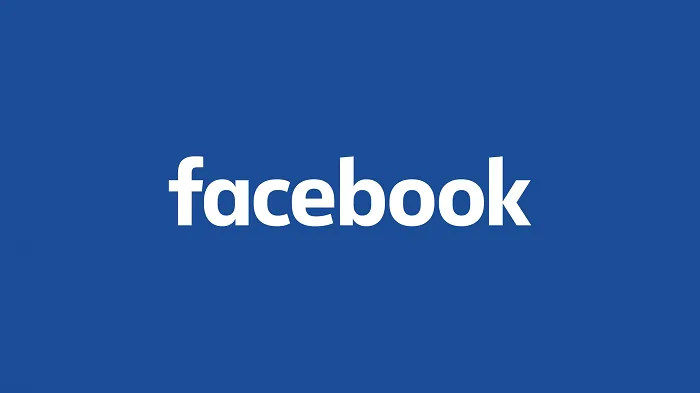




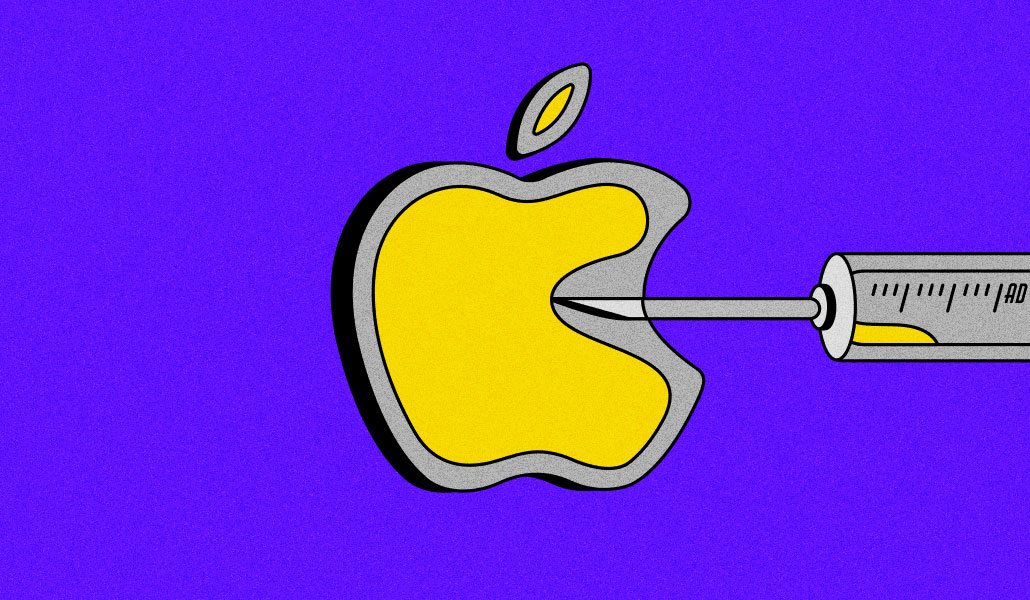


![31 Top Social Media Platforms in 2025 [+ Marketing Tips]](https://static.semrush.com/blog/uploads/media/0b/40/0b40fe7015c46ea017490203e239364a/most-popular-social-media-platforms.svg)









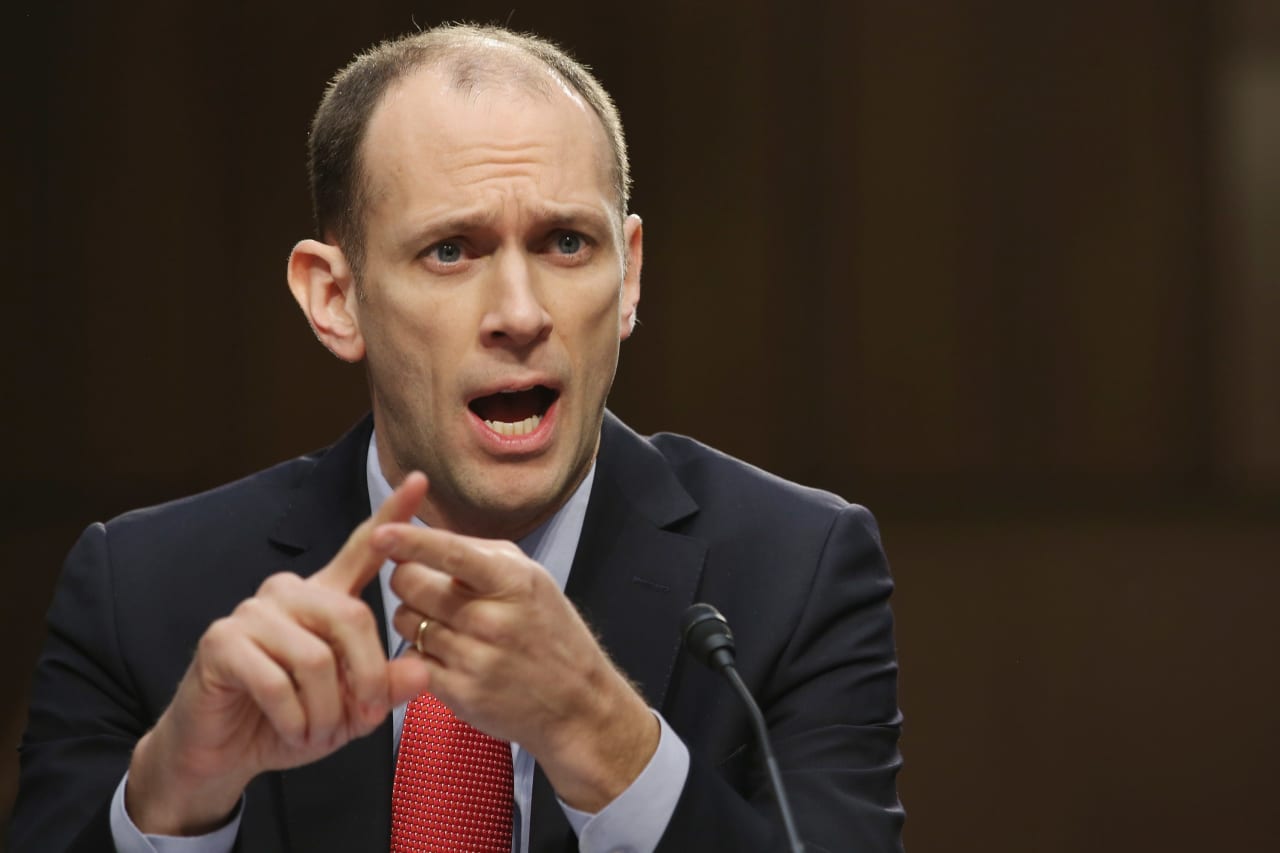






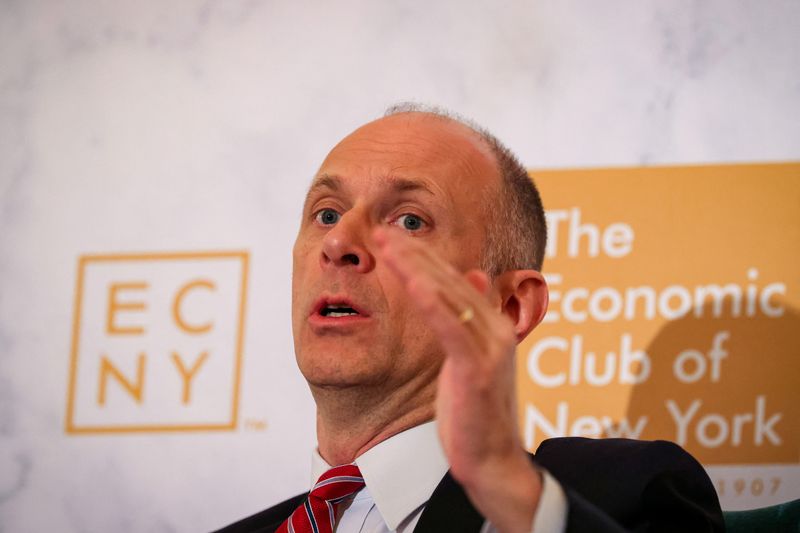





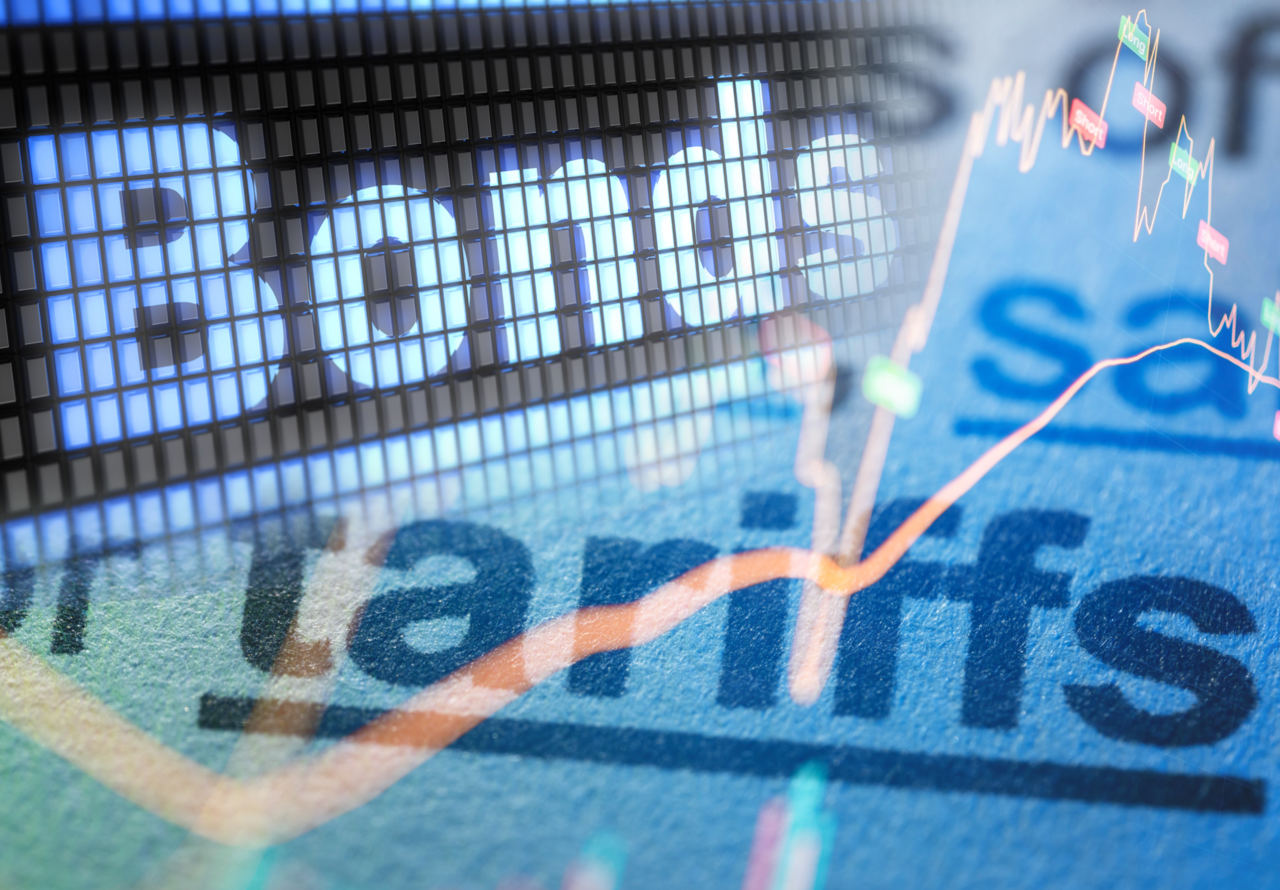


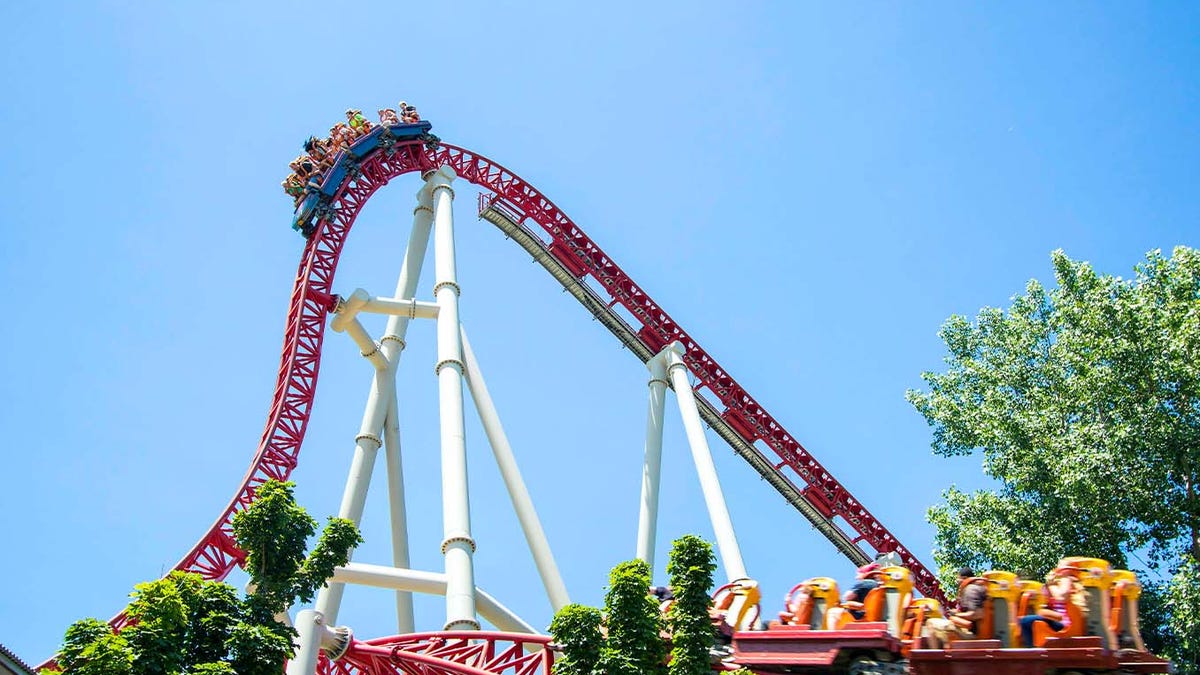

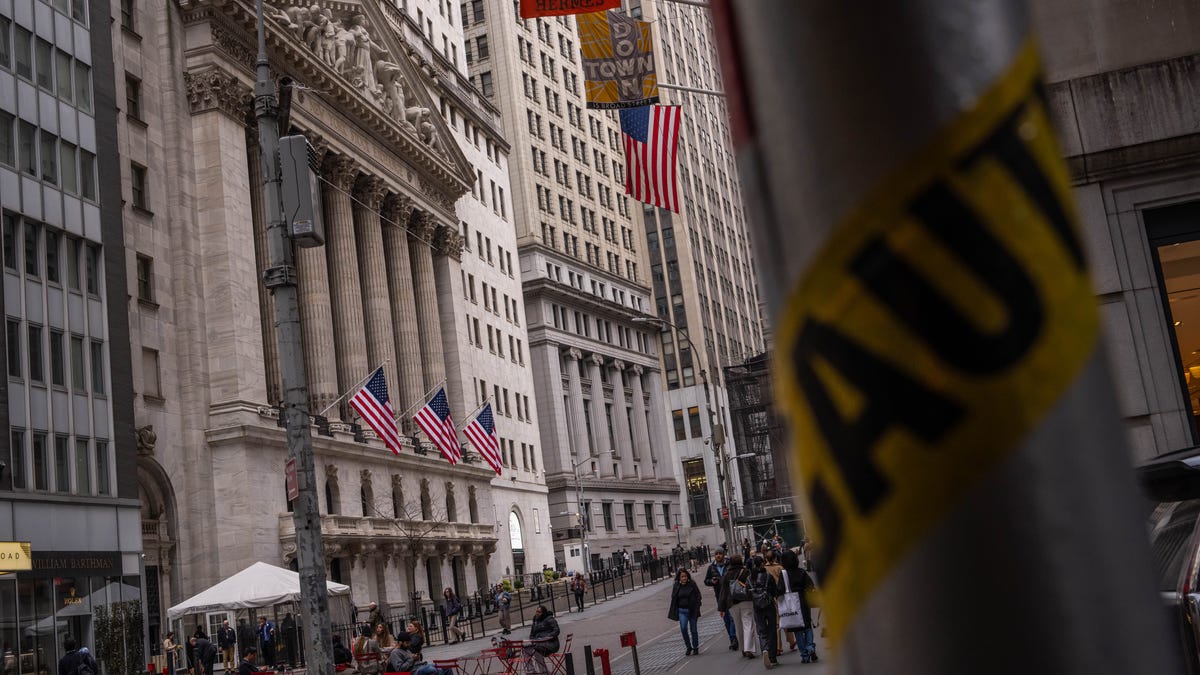




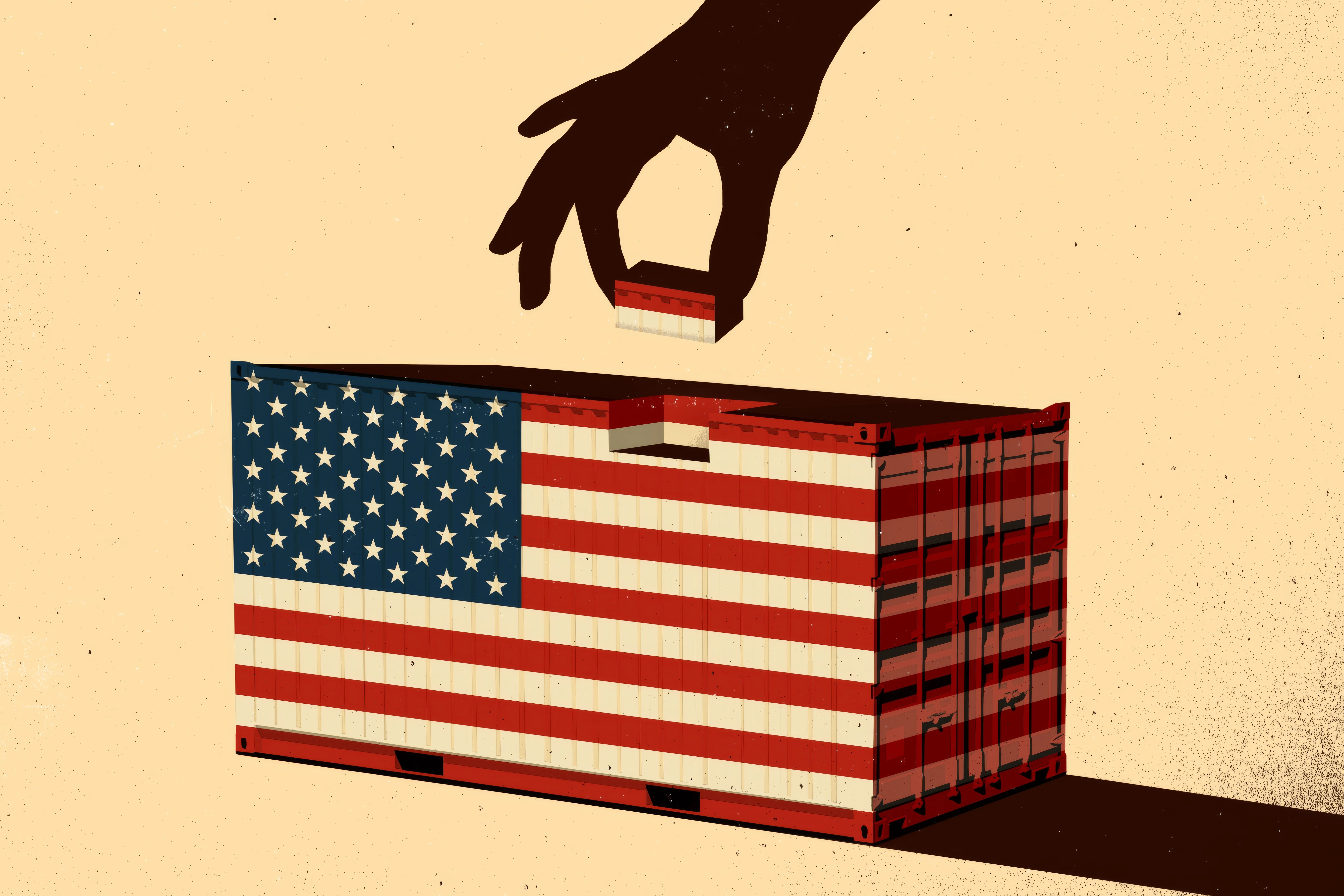
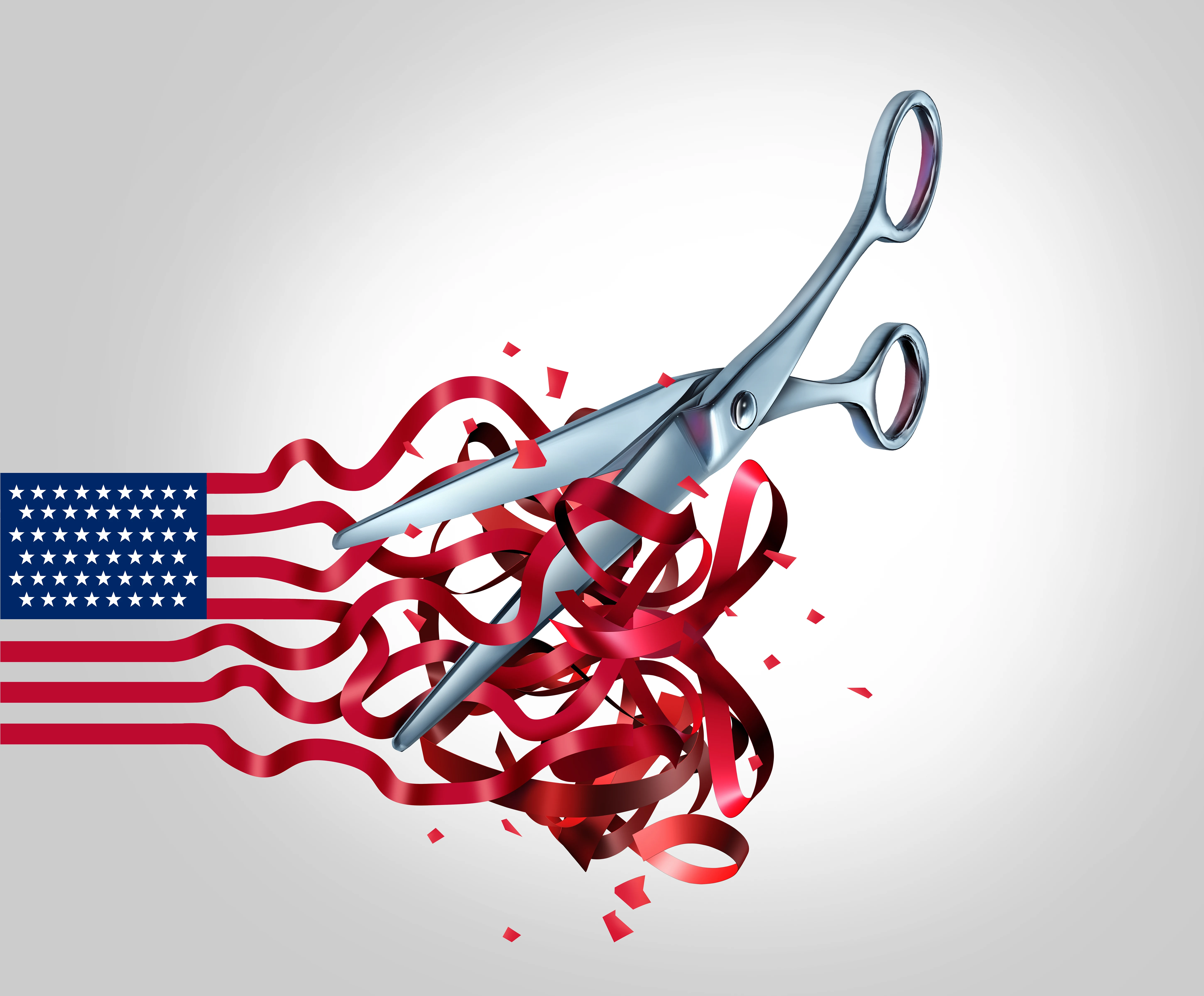

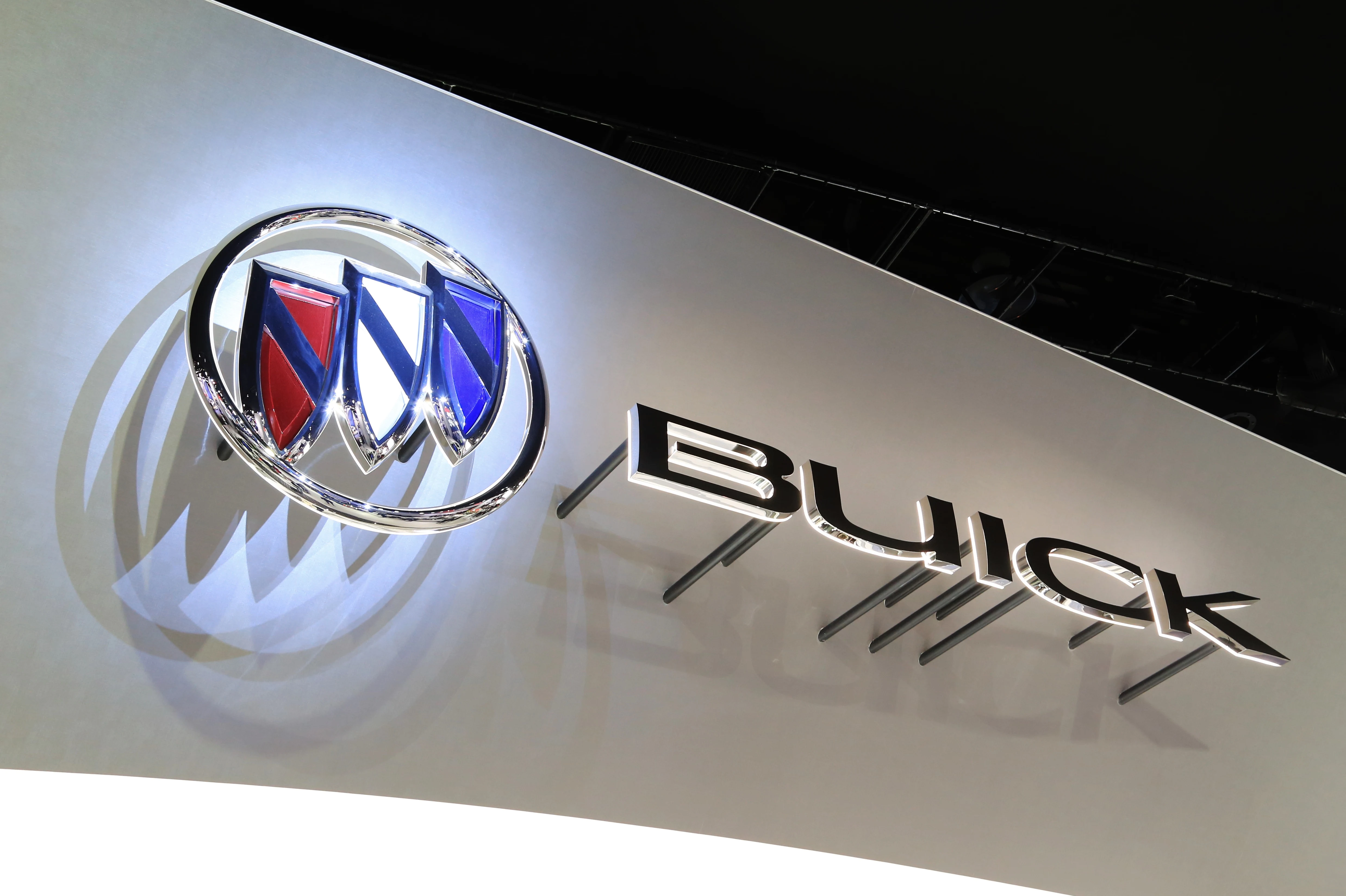





















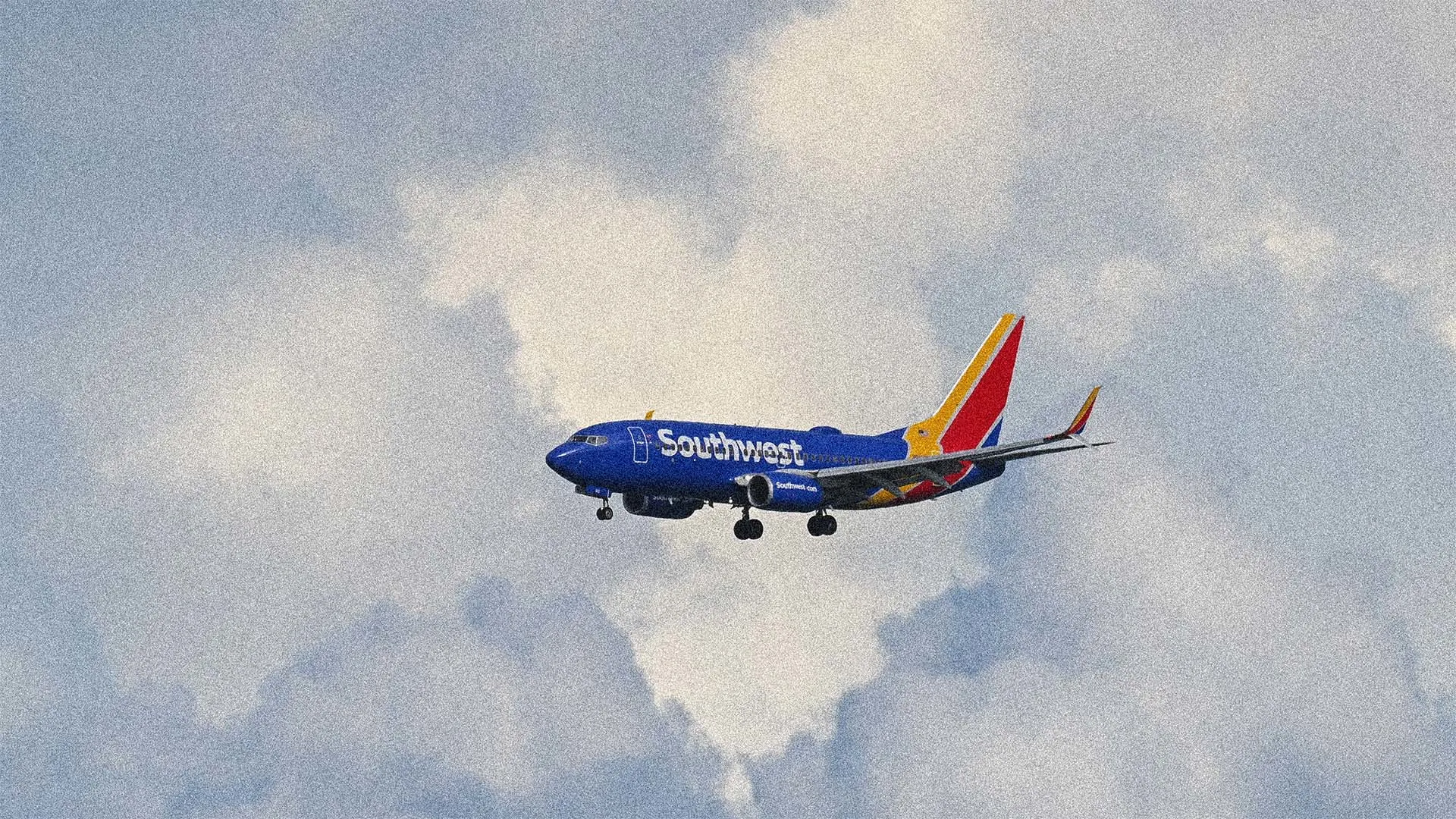




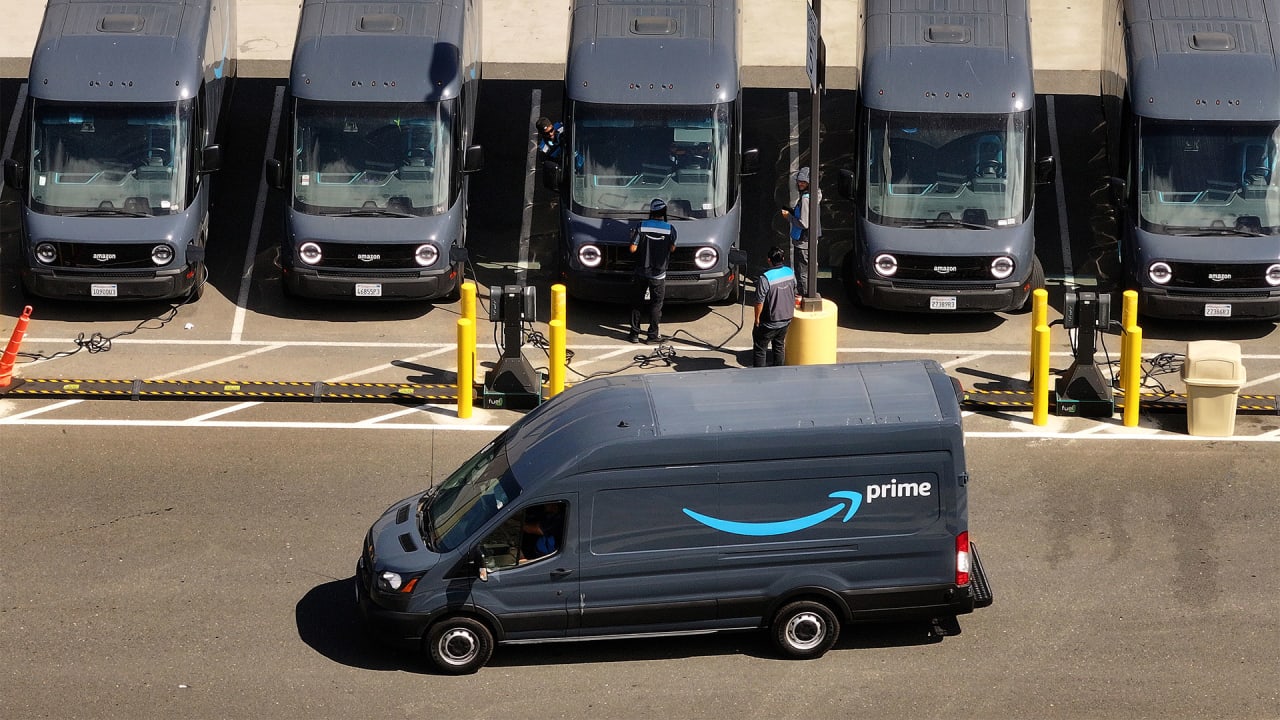
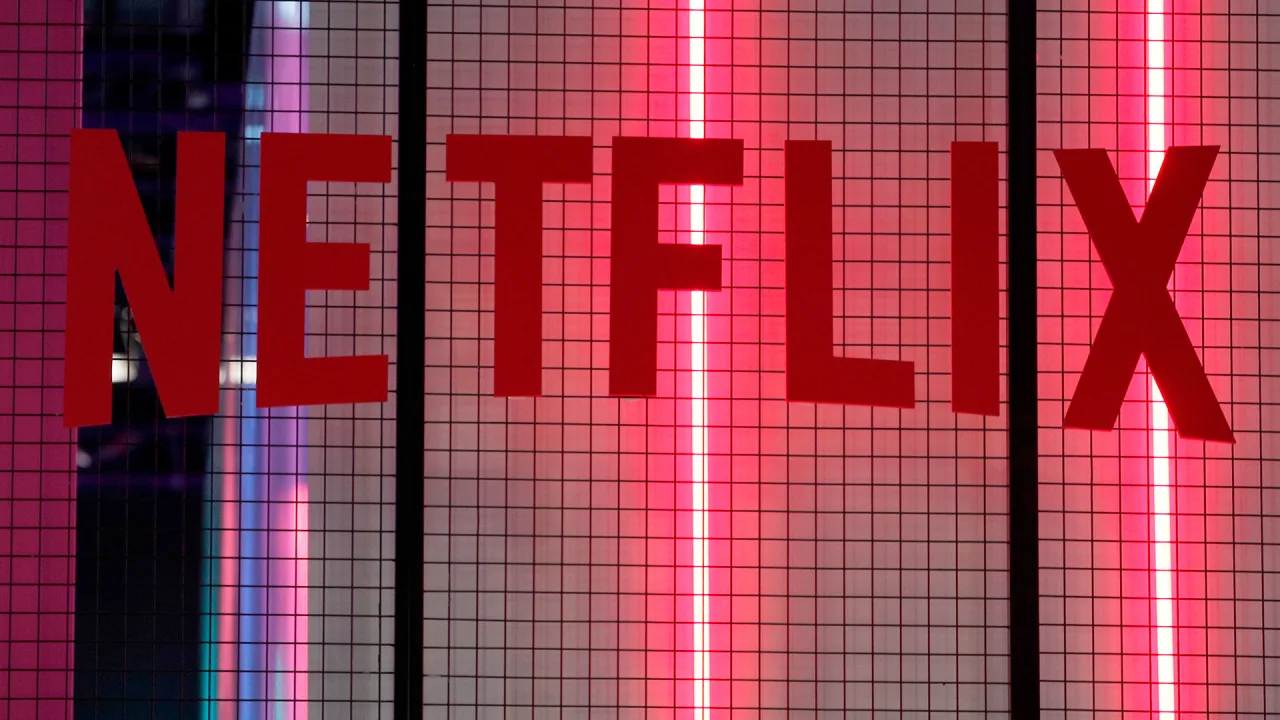

































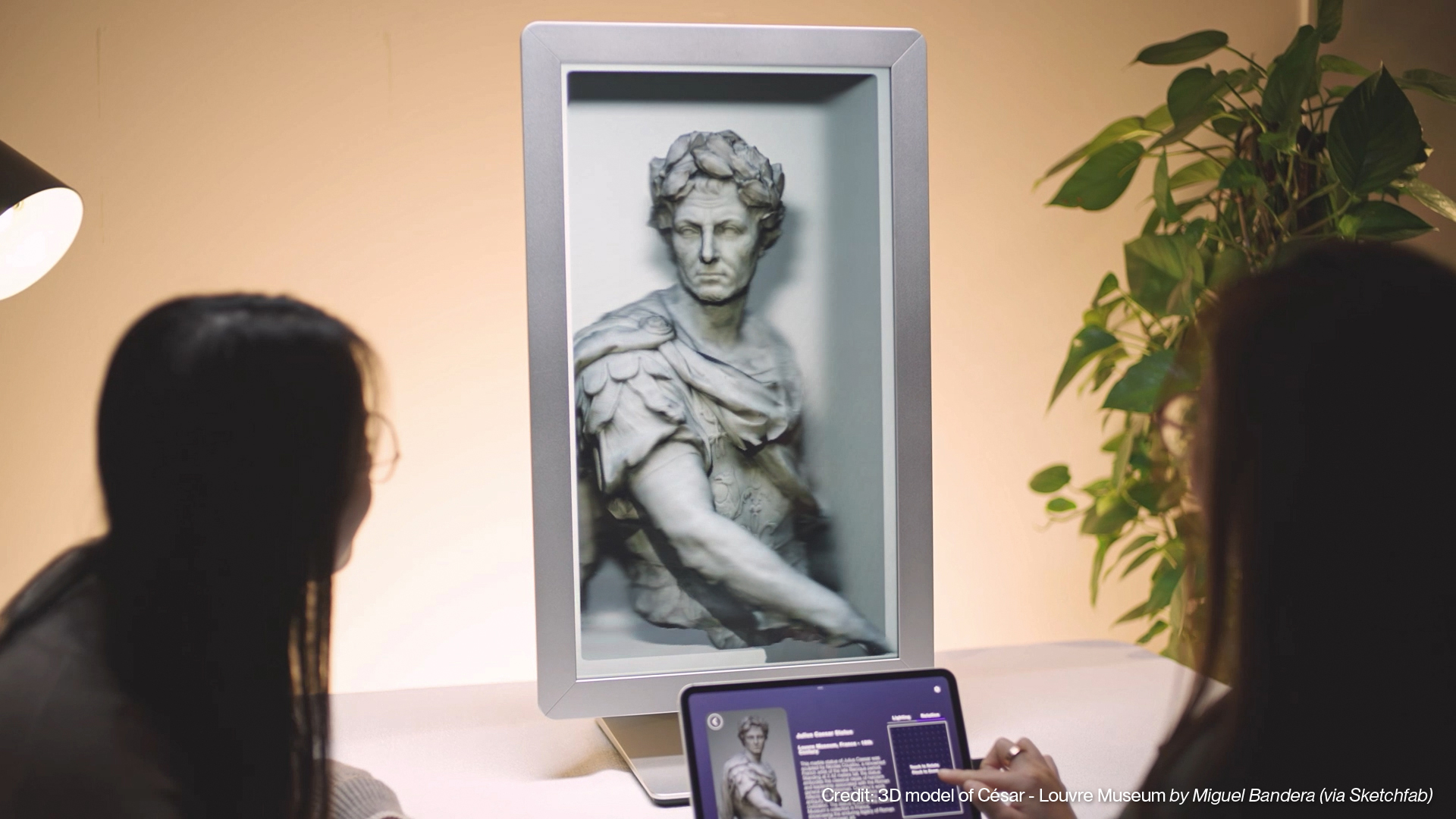














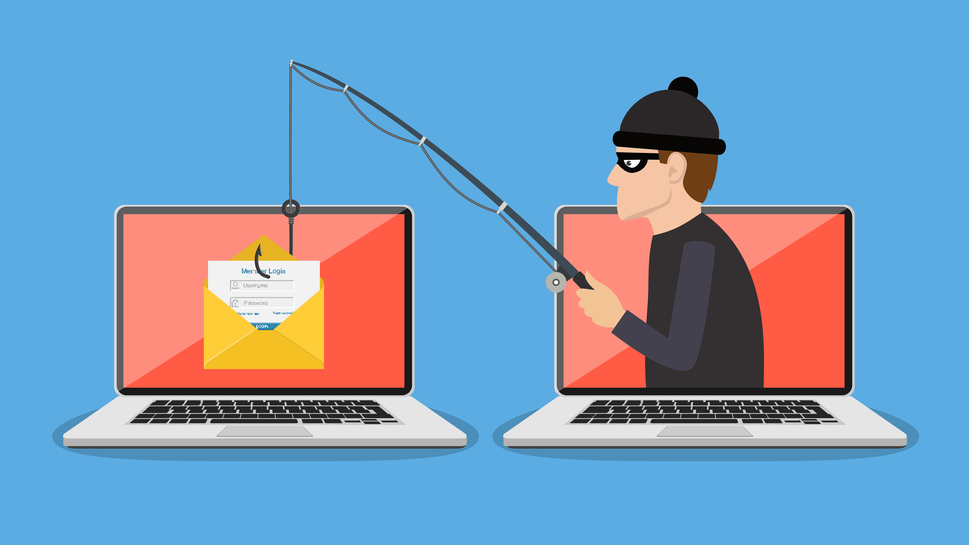





















































![How to Find Low-Competition Keywords with Semrush [Super Easy]](https://static.semrush.com/blog/uploads/media/73/62/7362f16fb9e460b6d58ccc09b4a048b6/how-to-find-low-competition-keywords-sm.png)